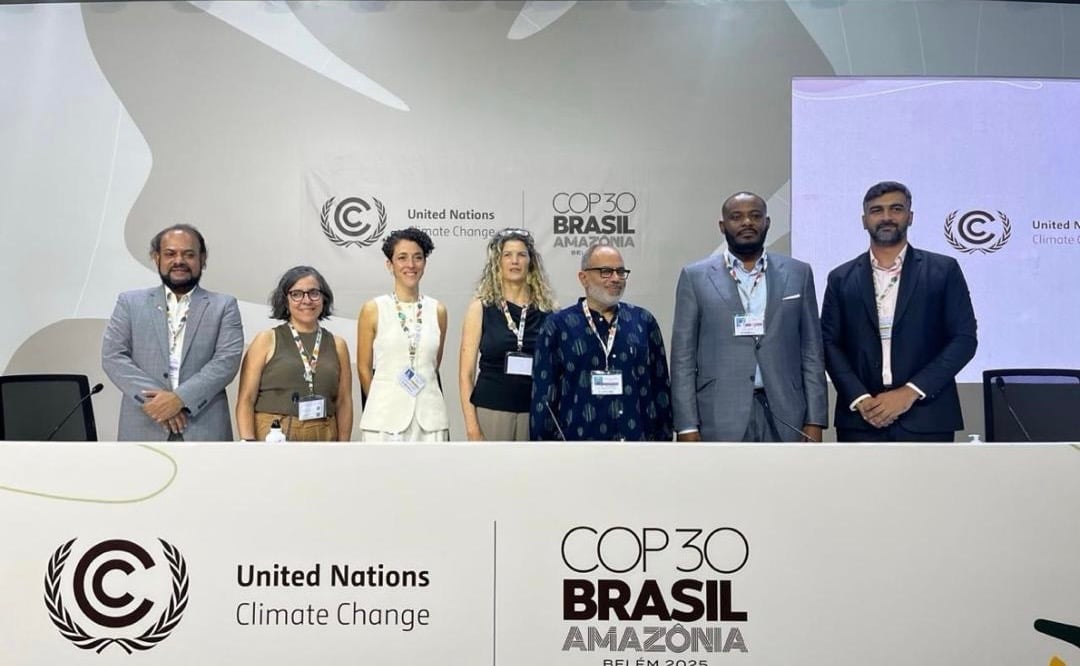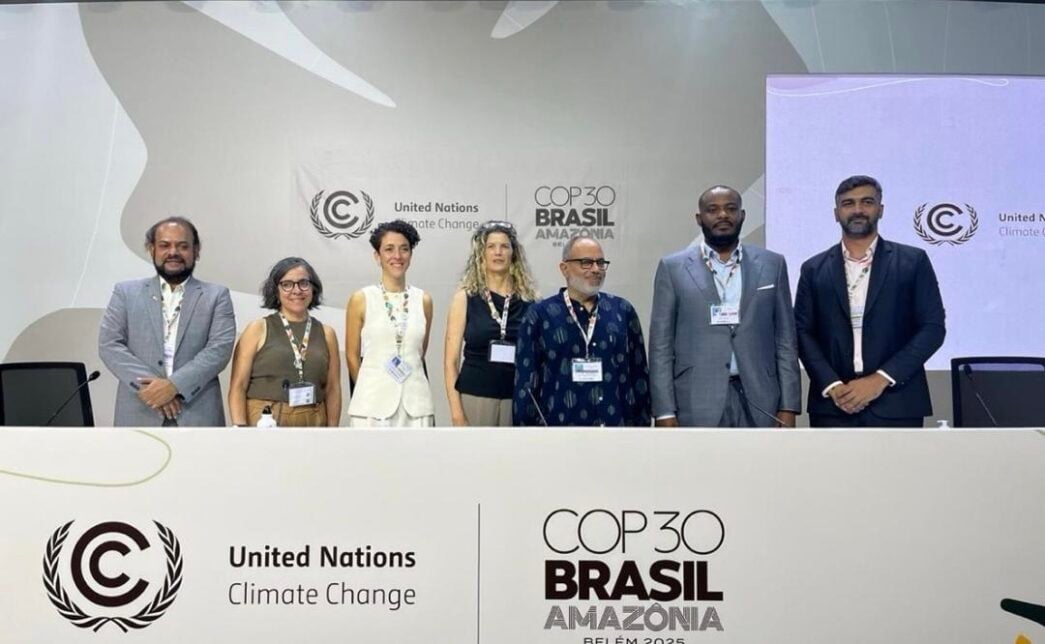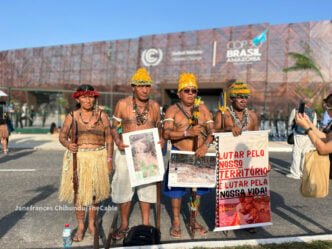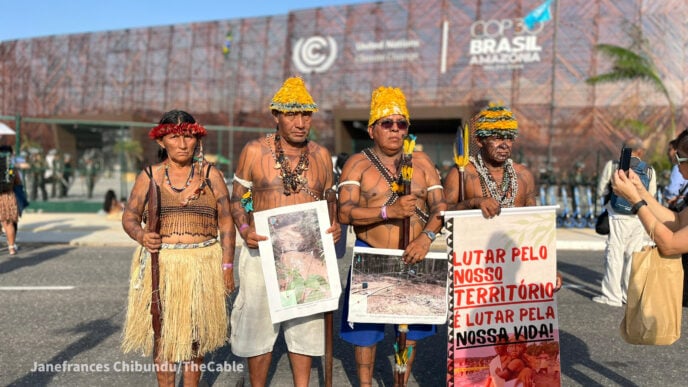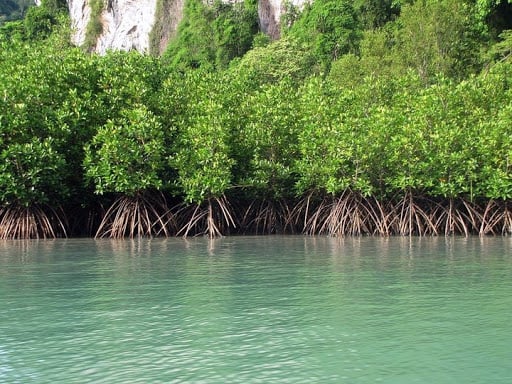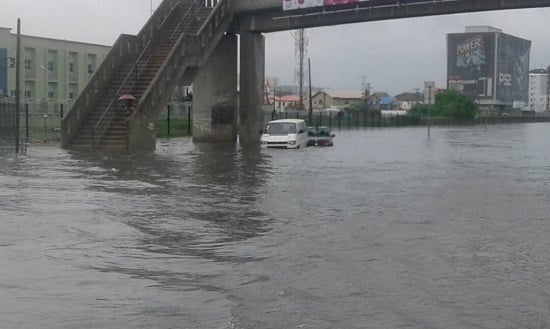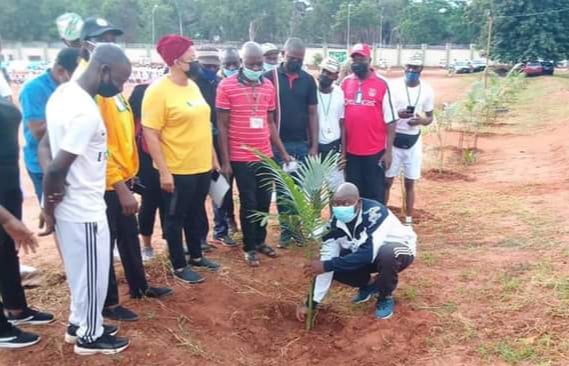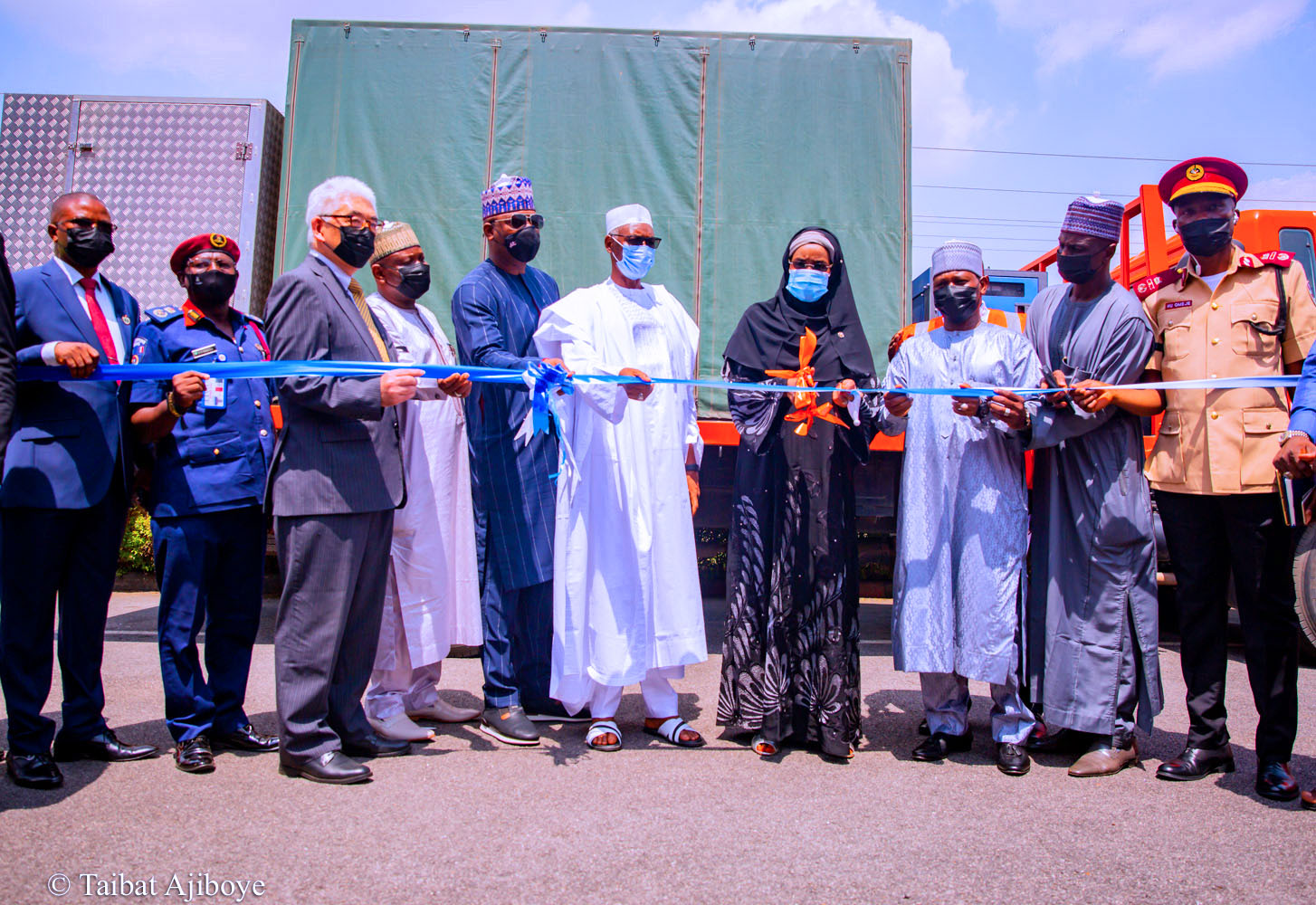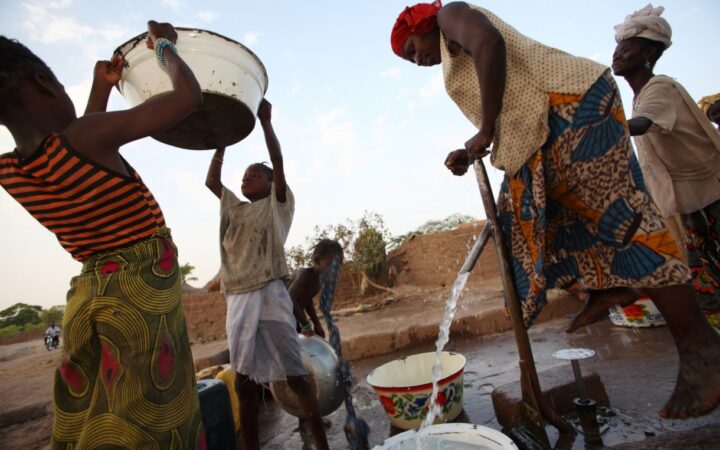
Experts have raised fresh concerns over the worsening impacts of the climate crisis, warning that vulnerable countries will remain exposed unless adaptation financing increases significantly.
Speaking on Thursday at a high-level briefing at COP30 in Belém, Brazil, the panel said climate-linked heatwaves, wildfires, floods and storms are already driving large-scale deaths, illness and displacement, yet global health systems remain underprepared.
Oden Ewa, Cross River commissioner for special duties and intergovernmental relations, said Africa continues to receive a disproportionately small share of global adaptation finance despite bearing some of the heaviest climate-related health risks.
He noted that Nigeria’s disease burden has increased by 21 percent due to climate-linked exposures, yet the country secured only six percent of the adaptation funding it required in 2021 and 2022.
Advertisement
Ewa described adaptation finance as “a lifeline” that saves lives and strengthens communities, urging the adoption of a “just finance plan for Africa” and calling for a sustainable finance desk within the UNFCCC to monitor and address persistent funding inequalities.
“Adaptation finance is a lifeline. It saves lives, strengthens communities and protects economies,” he said.
“We need a just finance plan for Africa and the creation of a Sustainable Finance Desk at the UNFCCC to track persistent funding inequalities.”
Advertisement
Marina Romanello, executive director of the Lancet Countdown, said more than 500,000 heat-related deaths are recorded annually, while some 150,000 deaths are linked to wildfire smoke. Despite this, she warned, most health systems “are stretched, underfunded and unprepared for what is coming”.
“Adaptation in the health sector is essential, but current funding is nowhere near sufficient,” she said.
“Only 44 percent of countries have costed their health adaptation needs. Existing finance falls short by billions.”
Her remarks align with the UN Adaptation Gap Report, which estimates that developing countries will need between $310 billion and $365 billion annually by 2035 — compared to the $40 billion pledged under the Glasgow pact.
Advertisement
Carlos Lopes, the COP30 presidency’s special envoy for Africa, said the overall financing gap is “colossal”, and that governments are largely carrying the burden.
“What we need from external financing is complementarity,” he said.
A recent study by Adelphi shows that just 0.5 percent of multilateral climate finance goes to health, while a UN report found that only 4 percent of adaptation funding between 2019 and 2023 targeted health systems.
Md Ziaul Haque, additional director-general at the ministry of environment, Bangladesh, said his country designed its health national adaptation plan to identify the real problems and build capacity, but added that the financing shortfall is “enormous”.
Advertisement
He urged multilateral institutions to bring “concrete, holistic proposals” that match the scale of the crisis.
Vishwas Chitale, fellow council for energy, environment and water in India, said his country will require $643 billion by 2030 to meet its adaptation needs.
Advertisement
“In 2021–2022 alone, we spent $146 billion — 5.6 percent of our GDP,” he said.
Panelists welcomed the launch of the Climate and Health Funders Coalition, which has pledged $300 million in philanthropic funding for integrated climate and health solutions.
Advertisement
Jeni Miller of the Global Climate and Health Alliance described the announcement as “an encouraging signal”, but said it falls far short of closing global adaptation gaps.
Sandra Cortes, president of climate change scientific committee, ministry of environment in Chile, said air pollution remains her country’s biggest environmental health threat, leading to more than 14,000 deaths annually.
Advertisement
She urged countries to embed health considerations across transport, energy and food systems.
“To confront the climate crisis effectively, we cannot work in silos,” she said.
The event also highlighted the Belém Health Action Plan and the Global Goal on Adaptation — two frameworks aimed at strengthening health systems and ensuring fair access to adaptation resources as climate impacts intensify.
This report was produced with support from Sahara Group and the Kaduna state government
